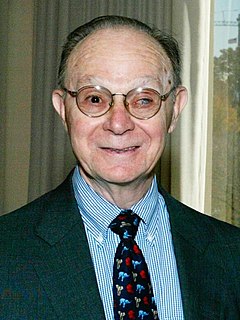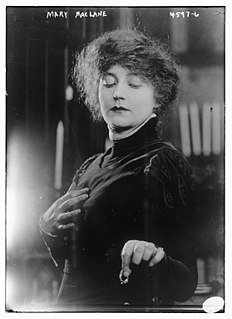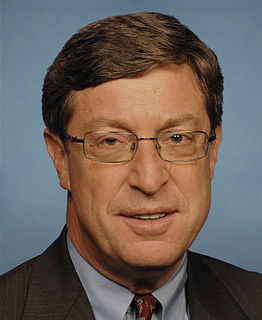A Quote by Allan H. Meltzer
Milton Friedman had the grace and good sense to recognize that he wanted to talk to the general public. He wasn't going to just lecture to the people who happened to appear in his classroom in Chicago or on some lecture circuit. He went out to talk to the general public, believing that you had to convince a democratic nation to change its ways, and he succeeded to a considerable extent.
Related Quotes
Philosophers feel a little more cautious about letting down their technical guard lest the general public doesn't recognize their special credentials. It's the fact that philosophy is of general interest that, paradoxically, keeps philosophers from wanting to speak in a way that's accessible to the general public.
I think, at some level, we see young people all over the country mobilizing around different issues, in which they're doing something that I haven't seen for a long time. And that is, they're linking issues together. You can't talk about police violence without talking about the militarization of society in general. You can't talk about the assault on public education unless you talk about the way in which capitalism defunds all public goods. You can't talk about the prison system without talking about widespread racism. You can't do that. They're making those connections.
[Buckminster Fuller] was quite willing to talk. He'd talk at the drop of a hat.I learned to talk in front of people by listening to the way he did things. Because he would give lessons in how to lecture. He would say, "Never take a note, just stand up and start babbling. And then eventually you're going to be able to make some coherent statements, and so it's like you're vamping. And then people will gradually start to listen to you when this spot of logic shows up in this torrent of verbiage.
Obama has already demonstrated an extraordinary ability to change the limits of what one can say publicly. His greatest achievement up to now is that, in his refined non-provocative way, he has introduced into public speech topics which had hitherto been de facto unsayable: the continuing importance of race in politics, the positive role of atheists in public life, the necessity to talk with "enemies" like Iran or Hamas, and so on. This is just what US politics needs today more than anything, if it is to break out of its gridlock: new words which will change the way we think and act.
'Revelation assures us that 'righteousness exalteth a nation.' Communities are dealt with in this world by the wise and just Ruler of the Universe. He rewards or punishes them according to their general character. The diminution of public virtue is usually attended with that of public happiness, and the public liberty will not long survive the total extinction of morals.
My general impression about people like Steve Gould and Carl Sagan and so on is that when they disappear as individuals and are no longer appearing on the stage and they are no longer writing, that their lifetime of acknowledgement by the general reading public is not very long... There were many people in the 19th century who were equally famous people who gave working man's lectures, supporters of Darwin, we as scholars know their names but the general public never heard of them.





































